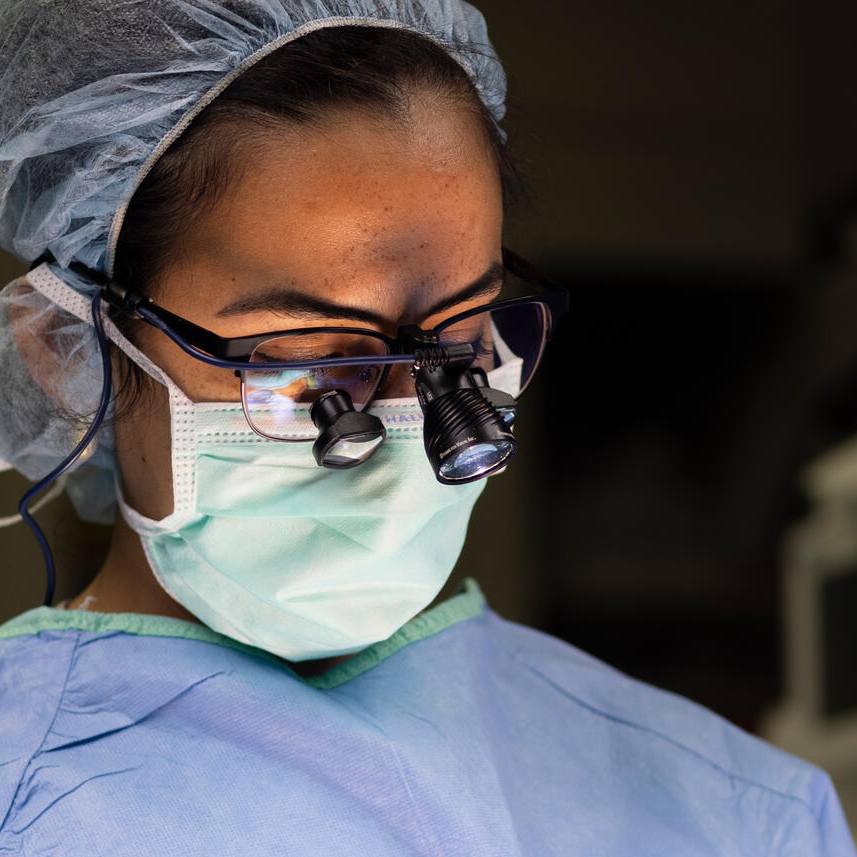-
Science Saturday: Link between preterm labor, fetal DNA supported by cell culture research
If the average TV show is to be believed, going into labor is easy to predict. It will happen to any character who is pregnant at the worst or most inconvenient time.
In in real life, how labor begins is a mystery — and not necessarily a good one. Babies born before 37 weeks of pregnancy are called "preterm" and have a higher risk of death or persistent health problems than babies born at term. Preterm birth affects one in 10 infants born in the U.S., according to the Centers for Disease Control and Prevention.
"This gap in the knowledge of what causes labor to begin has devastating consequences," says Elizabeth Ann Enninga, Ph.D., a Mayo Clinic immunologist. "If we don't know what initiates labor, we can’t stop it when it starts too soon."
Researchers think the mother's immune system is key because it has been implicated in other aspects of the labor process. Dr. Enninga and her team started with the interaction between the fetus and the mother's body. A fetus’ placenta releases DNA during pregnancy, which begins circulating in the mother's bloodstream. This cell-free fetal DNA is collected early in pregnancy to screen for genetic abnormalities and sex.
"We became interested in cell-free fetal DNA because there are high levels of this foreign DNA at the end of pregnancy which should be concerning the mother's immune system," says Dr. Enninga.
Clinical studies by other groups showed a link between preterm labor and cell-free fetal DNA in week 13 to week 26 of pregnancy, so the team began investigating the biological mechanisms of that association. They recruited 40 women age 18-35, who were pregnant and agreed to provide blood and placenta samples for research.
The scientists isolated immune cells from maternal blood collected around 36 weeks of pregnancy and at six weeks after the birth. They also collected the placenta and isolated trophoblast cells. Cell-free fetal DNA was collected from the trophoblast cells and purified. Their results, published in The Journal of Immunology, show that high levels of cell-free fetal DNA are recognized by an immune cell in the mother's body and kick off an immune system cascade that looks a lot like labor.
"High levels of cell-free fetal DNA are recognized by maternal monocytes, which causes these cells to release proinflammatory cytokines and chemokines," says Dr. Enninga. "We show that this inflammation could activate bystander cells and amplify the inflammatory response, activate endothelial cells to promotes cell trafficking, and cause uterine cells to contract and release prostaglandins. All these are hallmarks of the labor process, and our data demonstrate that cell-free fetal DNA has a key role in initiating this process."
A crucial finding, she says, is that the concentration of cell-free fetal DNA in blood controls the timing of labor initiation, as low levels of cell-free fetal DNA did not cause the same response as high levels did. This work is the first to rigorously demonstrate the role cell-free fetal DNA plays in labor, which they plan to investigate further.
"We are interested in learning more about what makes cell-free fetal DNA unique and stimulatory, as compared to other circulating DNAs," says Dr. Enninga. "Partnering with our clinical colleagues, we would like test whether measuring cell-free fetal DNA levels in the second trimester of pregnancy can help predict pregnancies at risk of preterm birth."
Funding for this work comes from a National Institutes of Health grant to the Mayo Clinic Women's Health Research Center, as well as support from the Marcia T. Kreyling Trust.
Along with Dr. Enninga, the other authors — all from Mayo Clinic — are Nazanin Yeganeh Kazemi, a student in the Mayo Clinic College of Medicine and Science; Bohdana Fedyshyn, Shari Sutor, Yaroslav Fedyshyn, and Svetomir Markovic, M.D, Ph.D., the Charles F. Mathy Professor of Melanoma Research.
To read the full paper, see the journal.
— Sara Tiner








